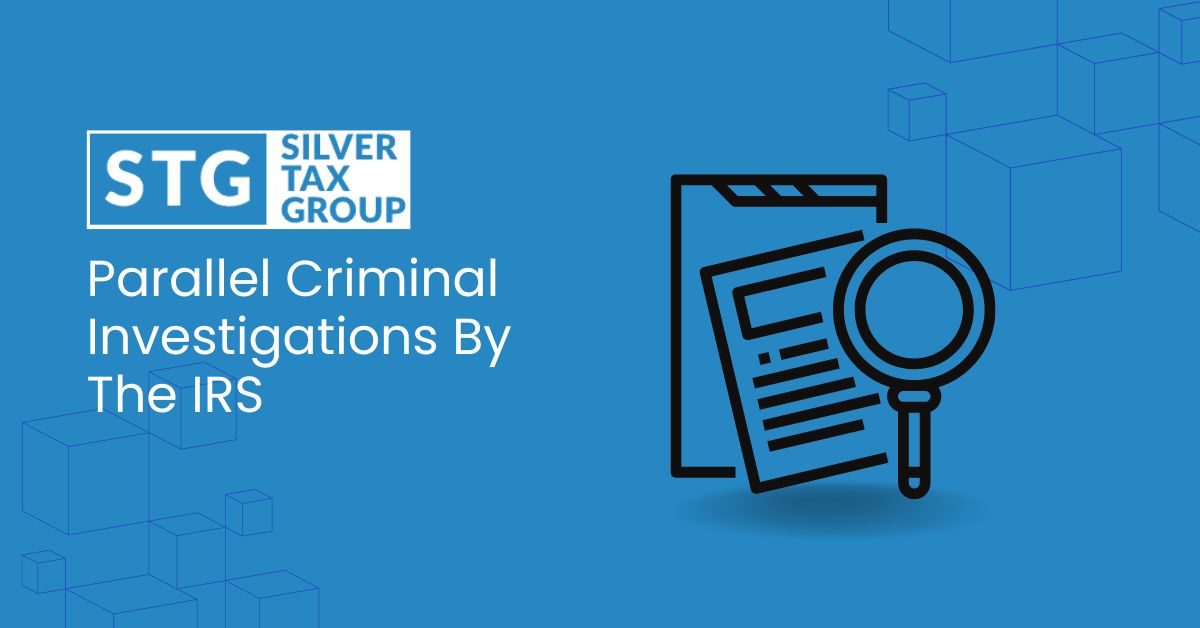You are at risk whether you owe the IRS or not.
No one is immune from a potential IRS scam.
Tax scams are not going anywhere. They target everyone. In fact, you may not owe the IRS any money, but a scammer may convince you that you do.
Or maybe you owe money so you assume that the collection effort is accurate.
It all seems official, so you fork over your debit card number in an effort to “get them off your back.”
In 2018, tax scammers wired $423 million from unsuspecting taxpayers. The top scams were tax debt collection and imposter scams.
The IRS reported nearly $46 million that had been claimed in fraudulent refunds. This was along with 2,204 refunds that were fraudulent due to identity theft.
The scariest part is that they seem so real. But you can learn to recognize these IRS scammers.
Here’s what you need to know to recognize tax scams and keep you and your family safe.

Learn How Tax Scammers Trick You
You may believe you are invincible. You have heard the news reports. You keep up on the latest scandals.
No one is in the clear when it comes to IRS tax scammers. This is because they are cunning and believable.
An IRS impersonation scam can convince you that you messed up your taxes and owe money. They sound official and serious.
They may use threatening tactics to make you believe they are really the IRS. They tell you about the penalties of not paying. They feed off of your fears.
No one wants legal action or a large debt hanging over their heads. IRS scammers may tell you they can settle your debt for much less.
Before you know it you are reading off your debit card number without thinking twice.
You may receive an email that contains an attachment with the IRS letterhead. A fake IRS letter can look exactly like the real thing. Or a link to a website may look just like the real IRS website.
Phone scams can also sound official. They may come from a phone number that seems legitimate.
Ultimately, they feed off of your fear. These scammers make you question your own financial knowledge.

How To Know If It’s Really the IRS
You can learn to identify an IRS tax scam. In order to do that, you must know how the IRS operates.
First of all, IRS will never demand immediate payment, over the phone, in a letter, or in person. Also, the IRS won’t deny you time to ask questions or clarify details.
They will never deny you an appeal. They will never threaten you using immigration status or jail. You have a right to ask questions and dispute your IRS bill.
Another important point to remember is that the IRS won’t email you, text you, or hunt you down on social media.
The IRS will always send you an actual letter in the mail for a first notification.
Make sure to verify IRS credentials of anyone claiming to be a representative of the IRS on the phone or in person. You can verify their identity by asking for a pocket commission and an HSPD-12 card.
You have the right to contact the IRS to verify these two items if they are withheld, helping you avoid a tax scam.

IRS Payments
Another thing to remember…if an IRS collector comes to your home or work, they will never demand payment.
The IRS will never ask you to pay over the phone. In fact, your payments will need to be made out to the United States Treasury Department. The IRS will always allow you to pay in ways that are traceable and “on the grid.”
They will not take payments that are not traceable. This means that wire transfers that they promise will clear your account or the prepaid credit cards or gift cards that they request to process payment are not real.

IRS Collection Agencies
Sometimes your debt will be assigned to an IRS collection agency. If this is the case, you will receive information on that collector in writing through the mail from the IRS before they ever reach out to you.
The IRS—even if you actually owe money to them—will never ask for your credit card information over the phone.
If the IRS calls you, they should have your information already and will verify your identity. They will not ask you for your personal information in full.

Tax Preparer Scams
Another type of scam to look out is tax preparer scams. People impersonating tax preparers will try to get your personal information.
A real tax professional will always allow you to e-file, will require your signature, and will need your W2’s and other tax information.
Professional tax preparers will be registered with the IRS. They will be happy to provide you with their tax preparer identification number (TPIN).

The Real IRS Website
You will be able to tell if a link to the IRS website is the real one. Check security certificates on the website. You can do this by making sure it has the “https://” before the website address and the little padlock to the left of that.
On the IRS website, you will also find a link to the latest list of “dirty dozen tax scams.” The IRS updates this annually. It provides the 12 biggest scams for taxpayers to watch out for.

Avoiding a Tax Scam: Key Takeaways
You can avoid tax scams and keep yourself safe in many ways. We addressed the types of tax scams and ways to keep safe above. Here are the key takeaways to remember:
- Avoid tempting offers to reduce or settle your tax bill
- Run, don’t walk, if a payment demand is made
- Know the facts–check out the IRS Bill of Rights
- Don’t give out your debit or credit card number over the phone
- Don’t put your personal financial information into a website link that was claimed to be related to your IRS tax debt.
- When you experience fraud, report it to the IRS
- Check out the credentials of your tax preparer or attorney
Check out these helpful videos to learn more about common tax problems and avoiding a tax scam.
To learn more or for a free consultation and evaluation of your tax problem, contact us today!








